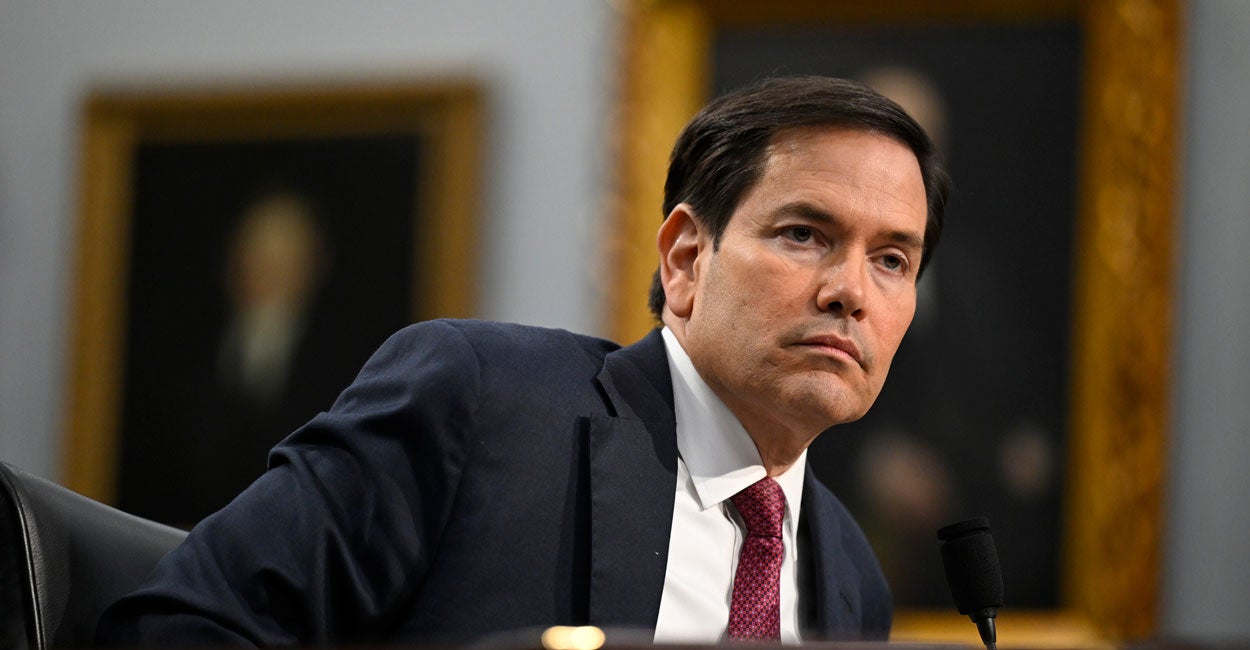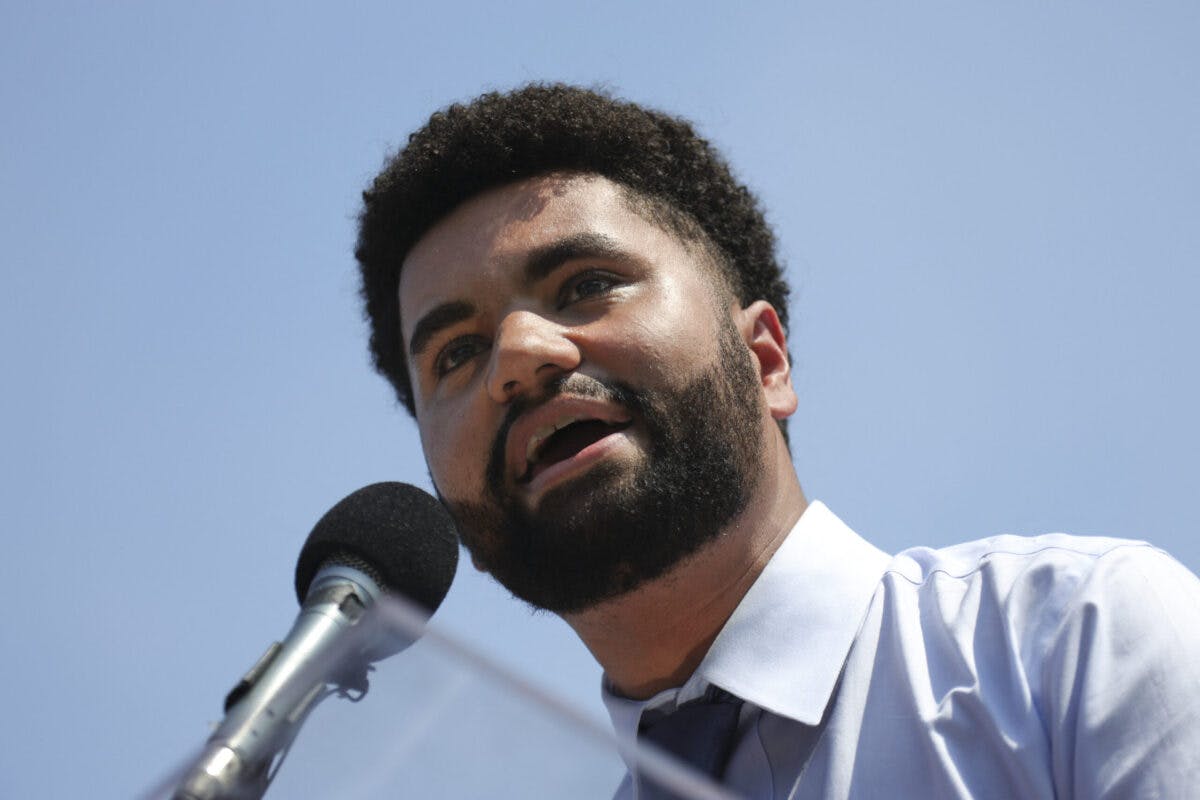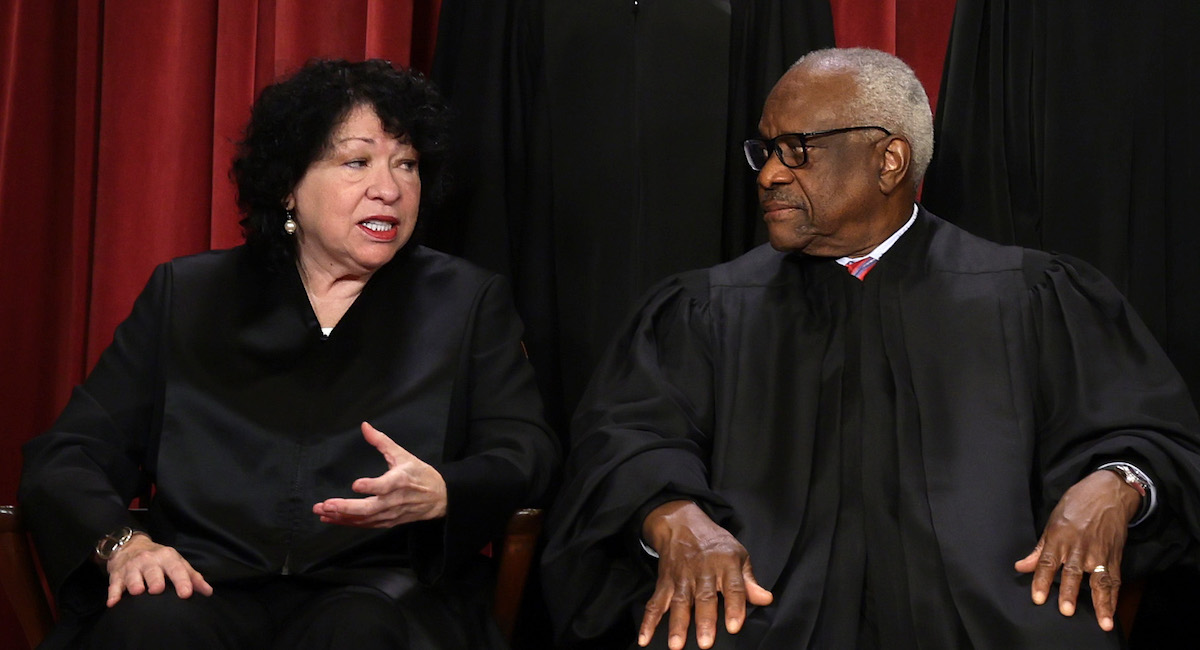A great goal for the New Year


With a new year upon us, when we consider new goals for the next 12 months, here’s a worthy ambition to pursue – to get closer to Christ. That resolution would put you in the company of a good number of America’s founders.
When the great founding father Patrick Henry was dying, in his last Will and Testament, he wrote to his children, “This is all the Inheritance I can give to my dear family, The religion of Christ can give them one which will make them rich indeed.”
The man who once declared, “Give me liberty or give me death,” minced no words about living for Jesus.
George Washington noted that we could never hope to be a happy nation unless we imitated Christ. This was his conclusion in a very famous letter he wrote to the governors of the states in June 1783, after we had won the American War for Independence, by God’s grace.
His letter climaxes with this inspirational call to follow in the footsteps of the God-Man from Galilee: “I now make it my earnest prayer, that God would have you and the State over which you preside, in his holy protection … that he would most graciously be pleased to dispose us all to do Justice, to love mercy and to demean ourselves, with that Charity, humility & pacific temper of mind, which were the Characteristics of the Divine Author of our blessed Religion & without an humble imitation of whose example in these things, we can never hope to be a happy Nation.”
Of course, “Pacific temper of mind” refers to a mind at peace and a mind with peaceful intentions toward others. Like his fellow Virginian, the father of our country was encouraging us as a nation to follow in the footsteps of Jesus Christ.
The late Dr. Donald S. Lutz was the author of “The Origins of American Constitutionalism” and a long-time professor at the University of Houston.
He pointed out that the founders intended that America would be moral. They also intended that this would be accomplished through voluntary religion – by which they meant Christianity.
Even the liberal-minded Thomas Jefferson once said, “Of all the systems of morality, ancient or modern, which have come under my observation, none appear to me so pure as that of Jesus.”
In his above-mentioned book, Lutz pointed out, “The concept of virtue was central to politics throughout the seventeenth and eighteenth centuries in America” (p. 28).
Virtue, of course, was defined with a Biblical criterion, observed Lutz. “In one sense, virtue meant following God’s law as found in the Bible. One who did not lie, steal, or fornicate, but who adhered to the golden rule was a virtuous person” (p. 28). Lutz adds, “And the most fundamental assumption is that the American people are a virtuous people” (p. 85, emphasis his).
This sentiment can be found repeatedly from different American founders. Rev. John Witherspoon was one of the signers of the Declaration of Independence. He also was a key educator to many of our founding fathers, including James Madison.
Witherspoon believed strongly that following the Bible is the key to imitating Christ. He said, “The character of a Christian must be taken from Holy Scriptures … the unerring standard.”
Regularly reading the Bible has been the habit of many great Americans through the centuries.
Our second president, John Adams, once said, “I have made it a practice every year for several years to read through the Bible.” Like many of our presidents, the Bible was the most important book also in the life of John Quincy Adams, his son. JQA served as our sixth president. And what a difference in made in his life. Adams was the “hell hound of abolition.”
When he left the presidency, he served in Congress until he died. Why? So he could imitate Jesus by working to uproot slavery in America. While in Congress, he managed to influence the thinking and policies of a one-term Congressman from Illinois, Abraham Lincoln.
This was about 15 years before the latter became president and played a key role in ending slavery in America. John Quincy Adams’ devotion to Jesus paid off for America and the world – long after our sixth president had died and gone to his reward.
Of course, it should be pointed out that following Christ, or attempting to, doesn’t save anyone. Only truly trusting in Christ who died for sinners and rose from the dead saves those who believe. But once touched by Christ, it is a natural outworking of a transformed heart that we want to imitate Him.
As so many great Americans through our history did their best to put their faith in action, we do well to make imitating Christ our goal for the New Year and beyond. Happy New Year.
What's Your Reaction?
 Like
0
Like
0
 Dislike
0
Dislike
0
 Love
0
Love
0
 Funny
0
Funny
0
 Angry
0
Angry
0
 Sad
0
Sad
0
 Wow
0
Wow
0










































































